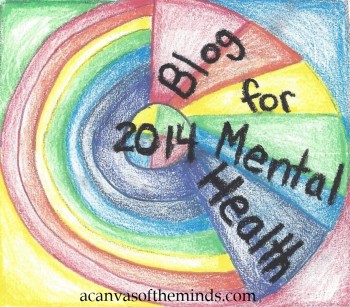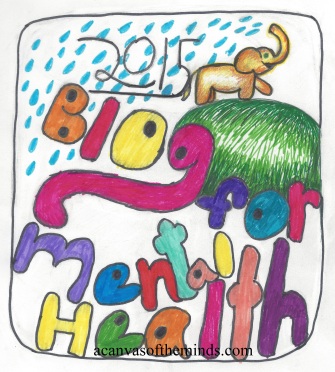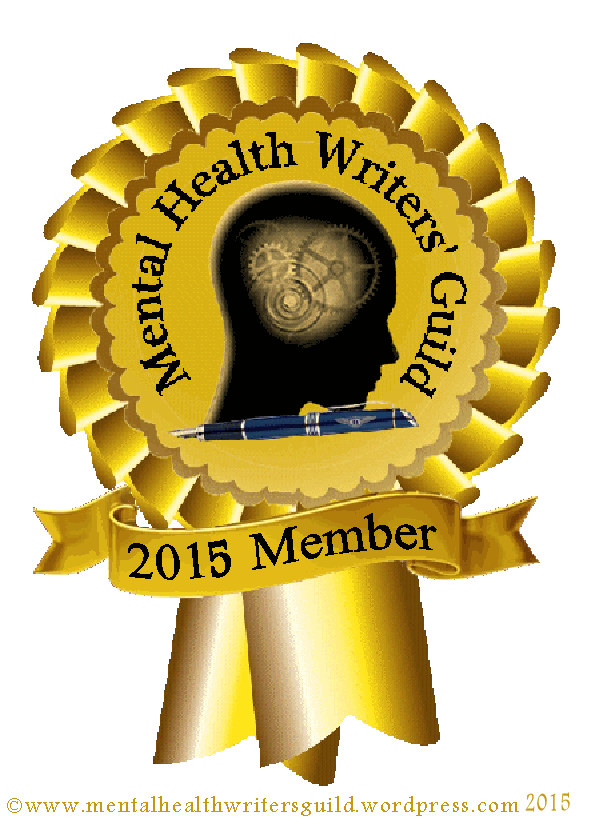I remember once when my parents invited this visiting priest to our house for lunch, my mom was relating this incident in which she didn’t have an alarm clock and prayed to God to wake her up at 6 am. And he did.
At the time I thought that was ridiculous. It’s not that I didn’t believe in God. I just figured he was too busy to care about things as mundane as whether or not my mom woke up at 6 am.
But then, as I mentioned in a previous post, I read this near-death experience book called My Descent Into Death. He spent an entire chapter talking about angels. I had never really given much thought about the role of angels. I wasn’t even sure I had a guardian angel. But after reading his book, I thought about angels a lot more.
Now I can feel their presence. Every day.
One day last week I spilled my coffee just as I was about to head out the door to leave for work, as I sometimes do. And I was pissed off about it, as I usually am. But as I was cleaning up, I said a prayer. God, if somehow spilling my coffee is supposed to protect me from something, then thank you.
Which was bizarre. I had never thanked God for spilling my coffee in my life and had no idea how that could be helpful in any way.
A few minutes later, as I was driving to work, a car pulled out in front of me and was driving on the wrong side of the road, heading straight towards me. I was aware that there was a car to the right of me so it was a little tricky to get out of the way.
Had I not spilled my coffee, I probably would have been drinking it at that moment. Or I would have at least been holding the mug. And even if I had successfully been able to swerve out of the way with one hand on the steering wheel, I probably would have spilled coffee all over myself.
And it was only as an afterthought that I remembered the prayer I had said earlier.
On the flip side, I am also more aware of demons. I used to be the kind of person who never wanted to see the bad in people. I thought I was being judgmental if someone made me anxious and would ignore the warning signs that I should stay away. But after reading The Gift of Fear, I trust my gut feeling that someone isn’t safe.
I am also more aware of my inner demons and how insidious they are, because they sound like me. They have my voice. They are not ostensibly telling me to do anything wrong. They are just saying things like, nobody cares about you. You’re not important. Which seems plausible.
Even when I’m feeling good about myself, it only takes the smallest opening for these thoughts to creep in. A poor night’s sleep. The slightest rejection. Extended periods of isolation.
It seems like it should be obvious which voice is the angel and which is the devil, but sometimes it isn’t. Because most of the time, it’s not a debate between big moral issues of right or wrong. They are small choices that potentially lead you to harm or turn you against yourself.
Things like, you’ve proven you can stay sober. Go ahead and have a drink. One drink won’t kill you.
Or, nobody wants to hear about your problems. Don’t bother calling anyone. You’re just setting yourself up for rejection.
For some reason, my demons are easier to believe. But lately I’ve been trying this experiment where I try to believe the loving voice. The one that tells me that people care about me and that I can have faith in myself. It’s hard to have faith in that voice, because what if it’s wrong? What if I am just setting myself up for disappointment?
So far that hasn’t happened. And it’s a much more peaceful way to live, listening to my angel.















